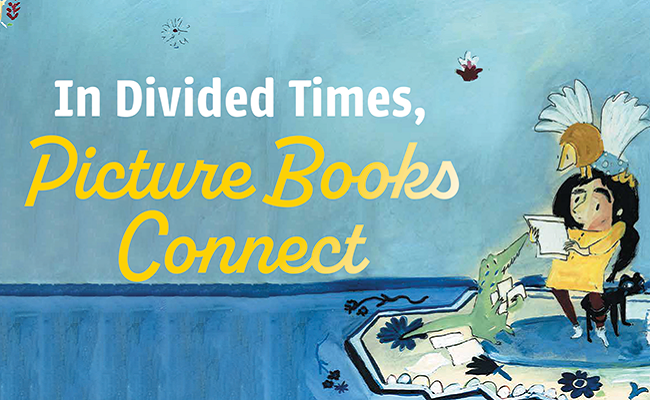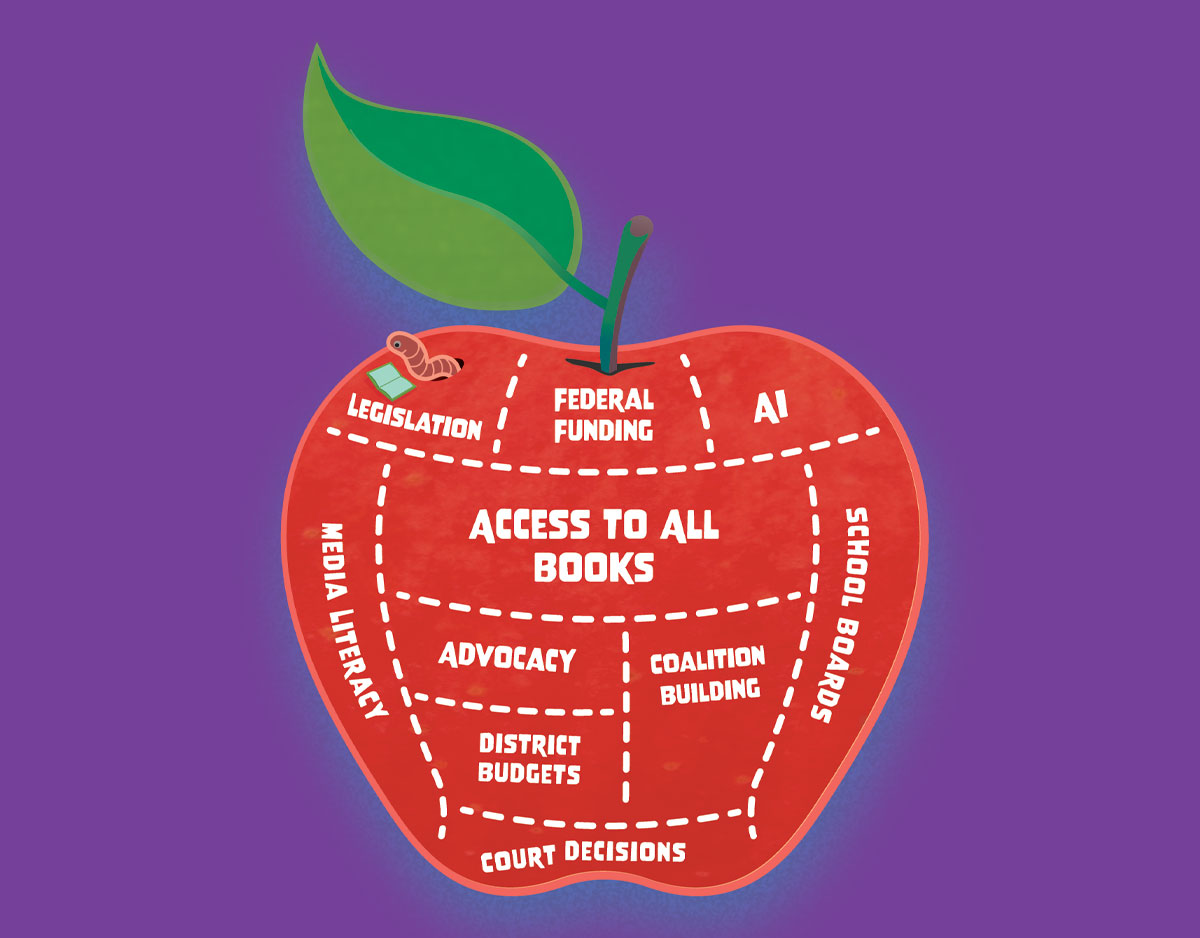SCROLL DOWN TO READ THE POST
Under the Mesquite
 This was a late addition to our reading pile thanks to the Morris nod and a presence on one of the year-end lists. It’s not an easy book to track down; I struck out at a few bookstores and the local library system (where it is owned but in single digits). But I finally got my hands on it and read it in just a few hours.
This was a late addition to our reading pile thanks to the Morris nod and a presence on one of the year-end lists. It’s not an easy book to track down; I struck out at a few bookstores and the local library system (where it is owned but in single digits). But I finally got my hands on it and read it in just a few hours.
And I’m a little underwhelmed. It’s a lovely book, and I think it’s an important one: there are not enough books like this, in which a Mexican-American family lives their life, and the focus is not on assimilation or immigration but on the family, and their duality (Mexican/American, Spanish/English) shapes them but isn’t the whole story by a long shot.
ADVERTISEMENT
ADVERTISEMENT
Instead, this is about love and loss and family, important and universal themes.
But it’s thin. The poems skate across the surface of heavy topics without digging into the meat. There is the moment when Lupita feels a calling to the church and her mother sends the nuns away, never referenced again; there are the betrayals by Mireya and the forgiving, without any discussion of what friendship is aside from knowing one another for a long time. One poem references Papi’s mood swings and anger, and Lupita’s fear of discussing things with him, but that’s it. Then there is the section about the final summer, as Mami lies dying in a cancer hospital and Papi stays near her, while Lupita struggles to care for her seven younger siblings with no money or food. This is big stuff, scary and overwhelming for anyone, much less a high school student. And then Papi and Mami come home, and poof, no further mention of those struggles, although presumably many of them would have continued, and it seems reasonable to expect Lupita to have some feelings about it– fear that this is her life from now on, once it seems clear that Mami isn’t going to survive, or anger at Papi, who left them to starve because his pain and love overwhelmed his ability to parent. But none of that appears, because Lupita is a vehicle for telling a story rather than a fully fleshed character. She tells the reader she is sad, but in such an even, emotionless voice that the emotions are neutralized.
And then there’s the writing itself, which has moments of grace and beauty–some of the free verse poetry is pitch perfect. But then there are sentences which have seemingly been chopped at random to fit the novel but which don’t work as poetry: “Victoria usually climbs into her bed / and falls asleep as soon as the lights / are off. But not me.” These sentences, which appear just often enough to be jarring, don’t scan in accordance with the rhythm of the book as a whole.
Ultimately, there just aren’t enough words for a journey of four years with flashbacks, and as a result many moments are compressed until they lose depth, described but not lived for the characters or the readers. It’s still a touching book, but it doesn’t resonate; we never know Lupita well enough to truly feel her pain (she likes to act and write poetry and she really loves her family, all of which she tells us); the underlying metaphor (Lupita is the mesquite tree, a strong survivor) is hard to believe because it is who she is from the beginning (in fact, who she has been since birth). Lupita doesn’t change until the very end, when she leaves for college, but that change–turning her back on her family, walking away from all those siblings now without a mother in order to pursue her own dream–seems entirely unlike the girl portrayed up until that moment.
On the other hand, McCall’s use of Spanish in the poetry is wonderful, portraying a voice that is true for so many Americans. Some of the poetry soars. The story is about important things. It’s ultimately a hopeful tale. But in the end, it’s not a serious contenda. As always, the caveat here is that a book can be a great read, a wonderful addition to a collection, important, beloved, among the top 5 debut novels for the year, and still not make the Printz shortlist.
Pub details: Lee and Lowe September 2011; reviewed from final copy.
Filed under: Best Books, Fiction
About Karyn Silverman
Karyn Silverman is the High School Librarian and Educational Technology Department Chair at LREI, Little Red School House & Elisabeth Irwin High School (say that ten times fast!). Karyn has served on YALSA’s Quick Picks and Best Books committees and was a member of the 2009 Printz committee. She has reviewed for Kirkus and School Library Journal. She has a lot of opinions about almost everything, as long as all the things are books. Said opinions do not reflect the attitudes or opinions of SLJ, LREI, YALSA or any other institutions with which she is affiliated. Find her on Twitter @InfoWitch or e-mail her at karynsilverman at gmail dot com.
ADVERTISEMENT
SLJ Blog Network
One Star Review, Guess Who? (#220)
Tide and Time Wait for No Moon: A Nathan Pyle Q&A About Tuck Me In!
Recent Graphic Novel Deals, Late August 2025 | News
Welcome to Heavy Medal, 2026
SELFSAME SISTERHOOD: Exploring Sisterhood and Twinship in GRAVE FLOWERS, a dark royalcore fantasy, a guest post by Autumn Krause
The Classroom Bookshelf is Moving
ADVERTISEMENT
ADVERTISEMENT







